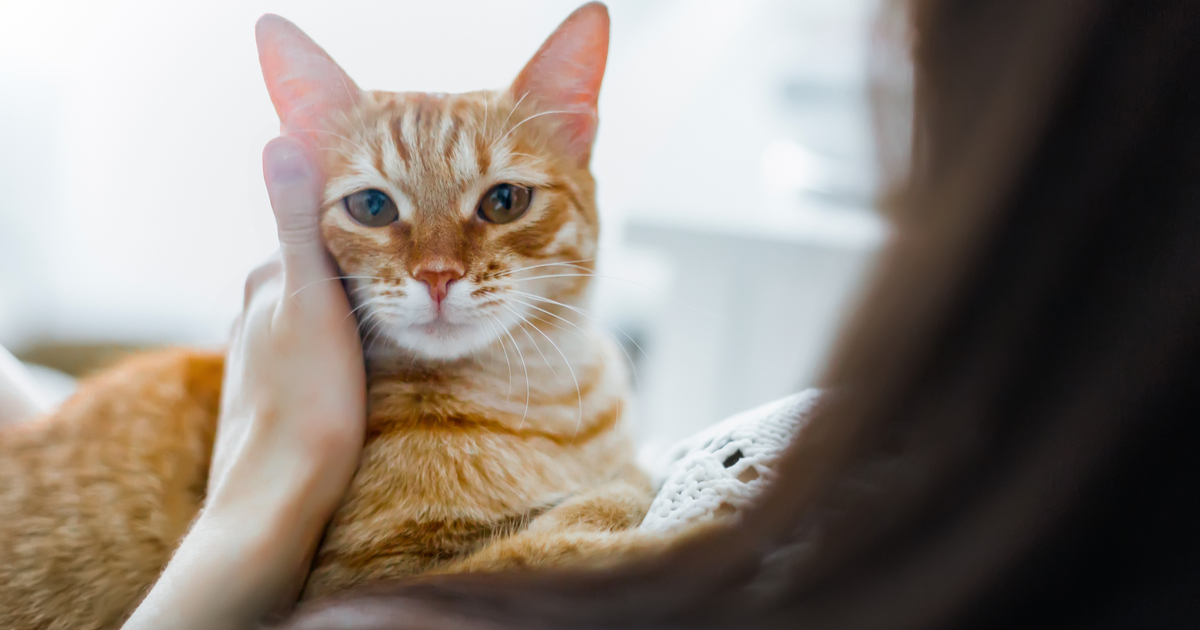Poor cats have a bad reputation with this erroneous belief that they transmit diseases to us.
In reality, only toxoplasmosis, a parasitic disease that affects a large number of warm-blooded species, is contagious.

Amphibians, fish, reptiles, birds and other mammals act as intermediate hosts.
Although it is very common, clinically it does not produce great ills, and normally does not present important symptoms. Even so, it is convenient that we do everything we can to avoid its appearance in our feline, providing it with food in good condition and keeping its hygiene up to date.
What is toxoplasmosis like?
When the cat ingests the contaminatedfood, the parasitic organisms reproduce in the intestine, and the eggs are eliminated by fecal matter. This elimination occurs for only one or two weeks, and is only done once in a lifetime.
Freshly hatched, these eggs need one to three days to become infective. For this reason, and also because cats like to stay clean at all times, direct contact with them is not dangerous.
The only groups at risk are immunosuppressed persons or pregnant women who had contact, for the first time, with the parasite during gestation. However, any risk of contagion is eliminated with good hygiene.







